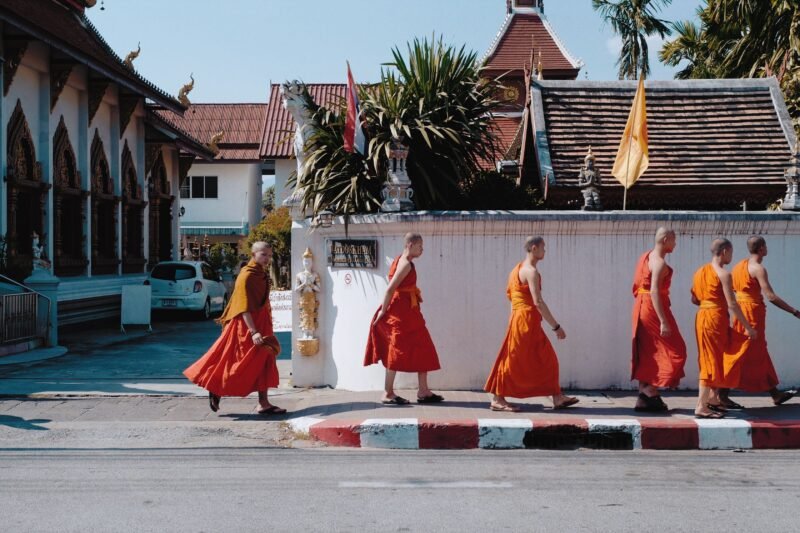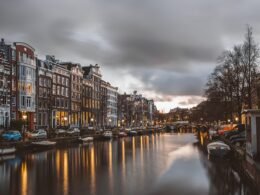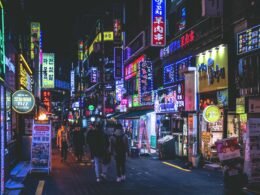If you find yourself in Thailand, you have to visit Chiang Mai. If Bangkok is the life and soul of the party, Chiang Mai is its cool, laidback older sister.
The city has a completely different vibe from the vibrant and hectic streets of Bangkok (which we also adore), thanks to its location in northern Thailand, cradled in between lush mountains and dense tropical forest.
While the city gets its fair share of tourists, it feels a lot more tranquil than Bangkok, making it the ideal place for a few days of relaxation. But… relaxation isn’t code for boring! You’ll still find plenty to do in this wonderful city. With peaceful temples, colourful markets, and some amazing day trips, Chiang Mai has lots to keep you entertained.
Thankfully, you can get a good sense of Chiang Mai in just a few short days (although when I went, my short trip turned into nine glorious days). To help you out, we’ve created this ultimate guide to 72 hours in Chiang Mai, so you can make the most of your trip! Keep reading to find out our favourite things to do, the best places to eat, and where to stay.
Things to do and see in Chiang Mai
Explore Chiang Mai’s beautiful temples
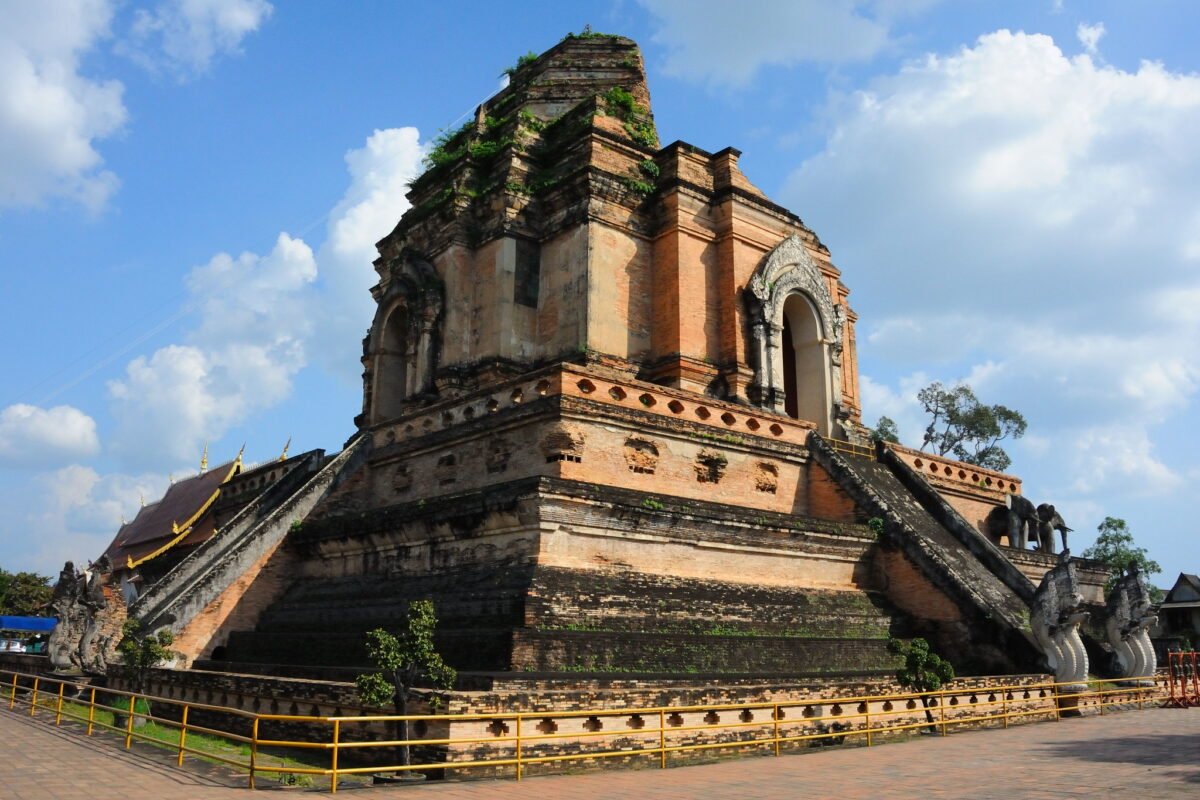
If you’ve been in Thailand for a while, you may feel like you’ve already seen more than enough temples (also known as ‘wats’ in Thai). However, we highly recommend visiting at least one temple while you’re in Chiang Mai.
Although no one can seem to agree on the exact number of wats in the city (some say there are around 120, some say it’s closer to 200, some even say there are over 300…), one thing’s for sure – there are a lot. Our personal favourites are Wat Chedi Luang, Wat Phra That Doi Suthep, and Wat Umong.
Wat Phra That Doi Suthep is by far the most famous wat in the area, overlooking Chiang Mai from its place high up in the mountains. It dates back to 1383 and was built on a spot “selected” by a sacred white elephant carrying a bone fragment that belonged to Buddha. It’s a beautiful spot, but not for the faint-hearted, as it can only be reached by climbing a grand staircase with 306 steps!
Wat Umong is our top recommendation if you’re looking for a temple relatively under the tourist radar. You’ll find the temple surrounded by forest, a few kilometres outside of the city. In our opinion, it’s the most unique temple in the area, containing a network of tunnels built centuries ago, with statues of Buddha tucked away in its ancient stone walls.
If you don’t want to venture out of the city itself, then Wat Chedi Luang is the perfect choice. We love this temple in the heart of Chiang Mai’s Old City, as its faded stone walls and statues remind us of a time long forgotten.
Work on your bargaining skills at a local market
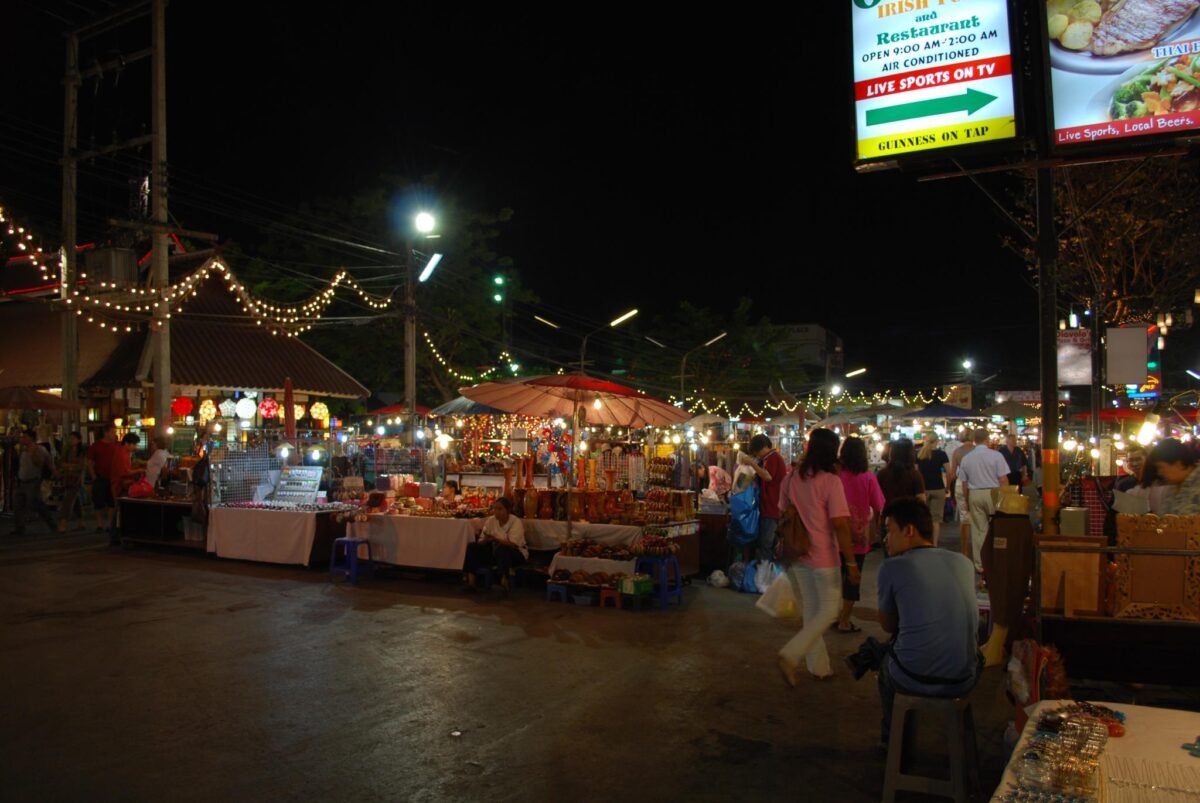
Markets are somewhat synonymous with Southeast Asian culture. No matter where you are, whether it’s in Thailand, Vietnam, or Laos, you’ll be sure to stumble upon a fabulous market.
Chiang Mai is home to some amazing markets, selling everything from local handicrafts, to delicious street food, and fresh produce. We’ve rounded up some of our favourite markets in the city, so if you’ve got the time you should definitely check one or two out!
Chances are, if you’re staying near the Old City, you’ll happen upon the Chiang Mai Night Bazaar (open from 5pm). This huge night market is estimated to stretch 1 km along Chang Khlan Road and is open 365 days a year, rain or shine. Even if you’re not looking to buy souvenirs, you could easily spend hours browsing the jewellery, art, and clothing stalls (if you are looking to buy something, just remember to haggle for around 20-30% below the asking price).
For all you foodies out there, the Chang Puak Market (open from 5pm) is widely regarded as the best food market in the city. It’s our number one choice for sampling authentic northern-Thai cooking – you’ll find heaps of stalls selling mango sticky rice, which is extremely popular in this part of the country.
Another fantastic market to visit is the Chiang Mai Sunday Market (open from 4pm). If you happen to be in the city on a Sunday, then this is the place to buy souvenirs, with all kinds of handicrafts available, sold by locals. There are also lots of stalls selling food in case you’re hungry.
Visit an ethical elephant sanctuary
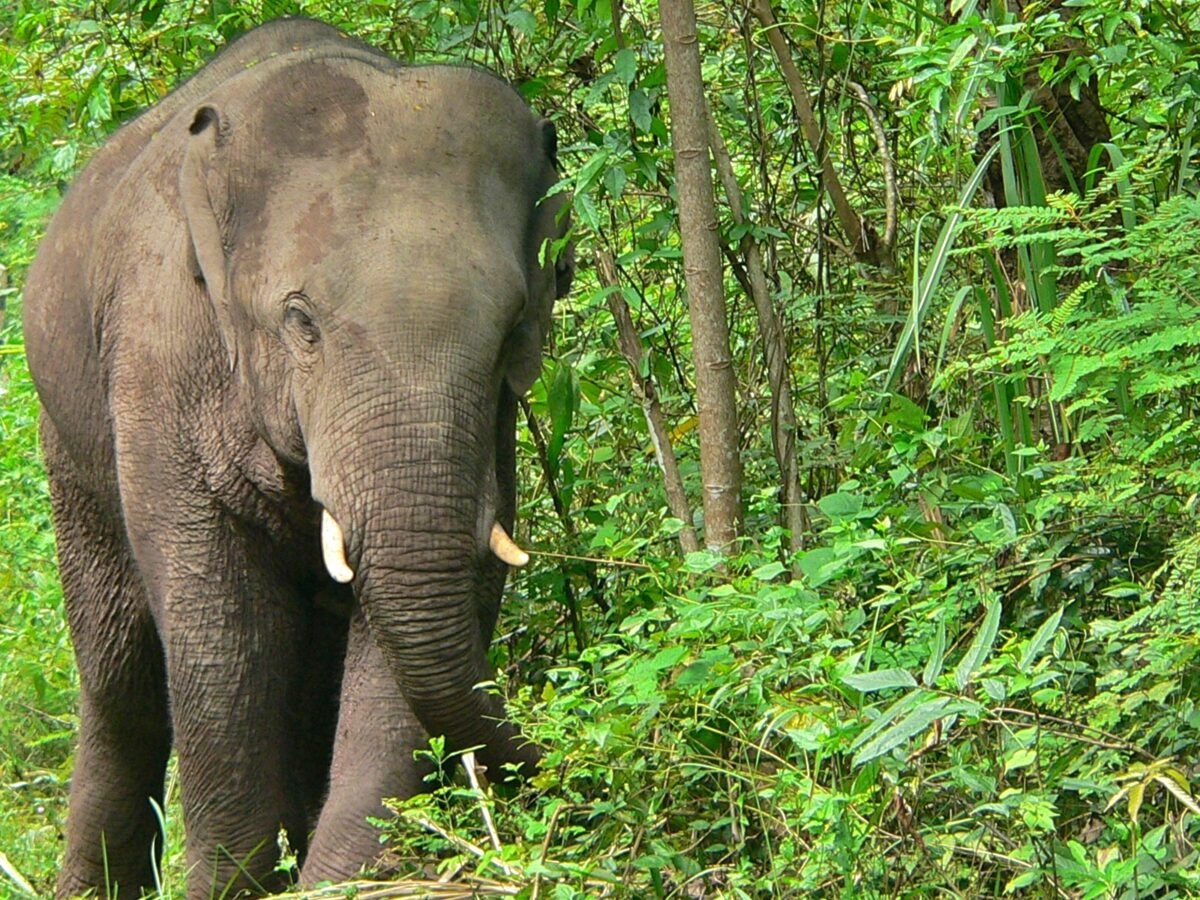
The subject of elephants in Thailand is a tricky one (I, myself am guilty of participating in an unethical elephant encounter that I regret to this day). There are numerous elephant sanctuaries in the country (many of which claim to be ethical), but the sad truth of it is, most ‘sanctuaries’ aren’t. Anywhere that you can pet, bathe, ride, or even feed the elephants isn’t up to standard.
BEES Elephant Sanctuary in Chiang Mai is one of the few true sanctuaries in Thailand, with a
strict ‘hands-off’ policy when it comes to the elephants. As a volunteer, you will have the chance to observe the elephants in their natural forest habitat, help care for them by preparing their food, and assist in cleaning the sanctuary.
Since your visit to Chiang Mai is only a short one, we’d recommend either participating in an overnight programme (usually run from Monday to Tuesday or Thursday to Friday) or if you can organise your own transportation, visiting the sanctuary for the day (which starts at 8am sharp).
Venture out of the city on a day trip
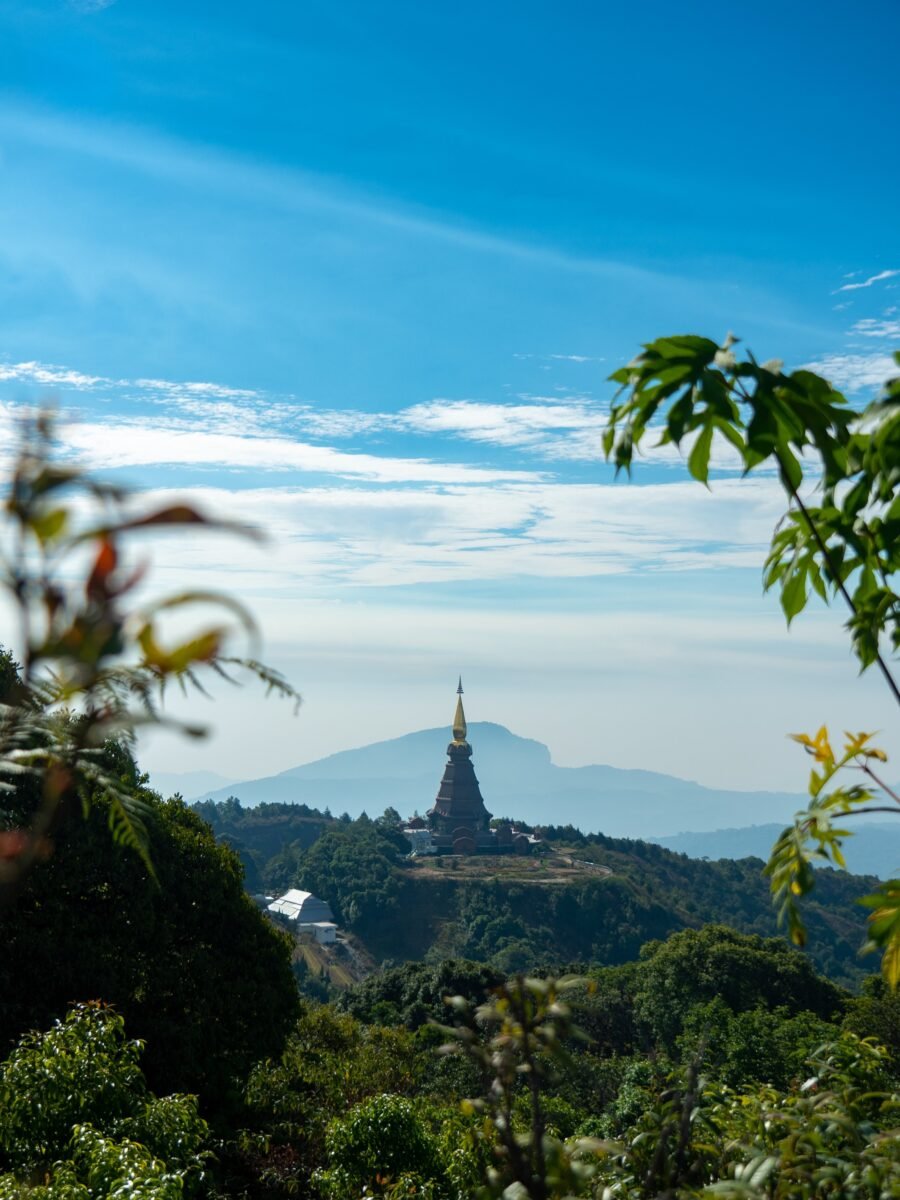
On the subject of day trips, Chiang Mai is the perfect base for exploring northern Thailand! If you’re an avid hiker, then a visit to Doi Inthanon National Park (nicknamed “the Roof of Thailand’) should definitely be on the cards. From central Chiang Mai, it takes around one hour and 30 minutes to get there.
Inside the park, you’ll discover the Kew Mae Pan Nature Trail, a relatively easy 2.8 km trail with breathtaking views. The trek takes most people between 2 and 3 hours to finish, and it’s compulsory to hire a guide (a member of the local Hmong hill tribe). The trail is only open between November and April, but if it’s closed there are plenty of other things to do in the park such as visiting the Grand Pagodas and seeing the Wachirathan, Mae Ya, and Siriphum waterfalls.
This may be a stretch for a day trip, but the three-hour and 35-minute bus journey to Chiang Rai is worth it. Chiang Rai is most renowned for the White Temple (Wat Rong Khun), but some other things to see while you’re there are the Baan Dam Museum, The Mae Fah Luang Art and Cultural Park, and the Blue Temple (Wat Rong Suea Ten).
…and more
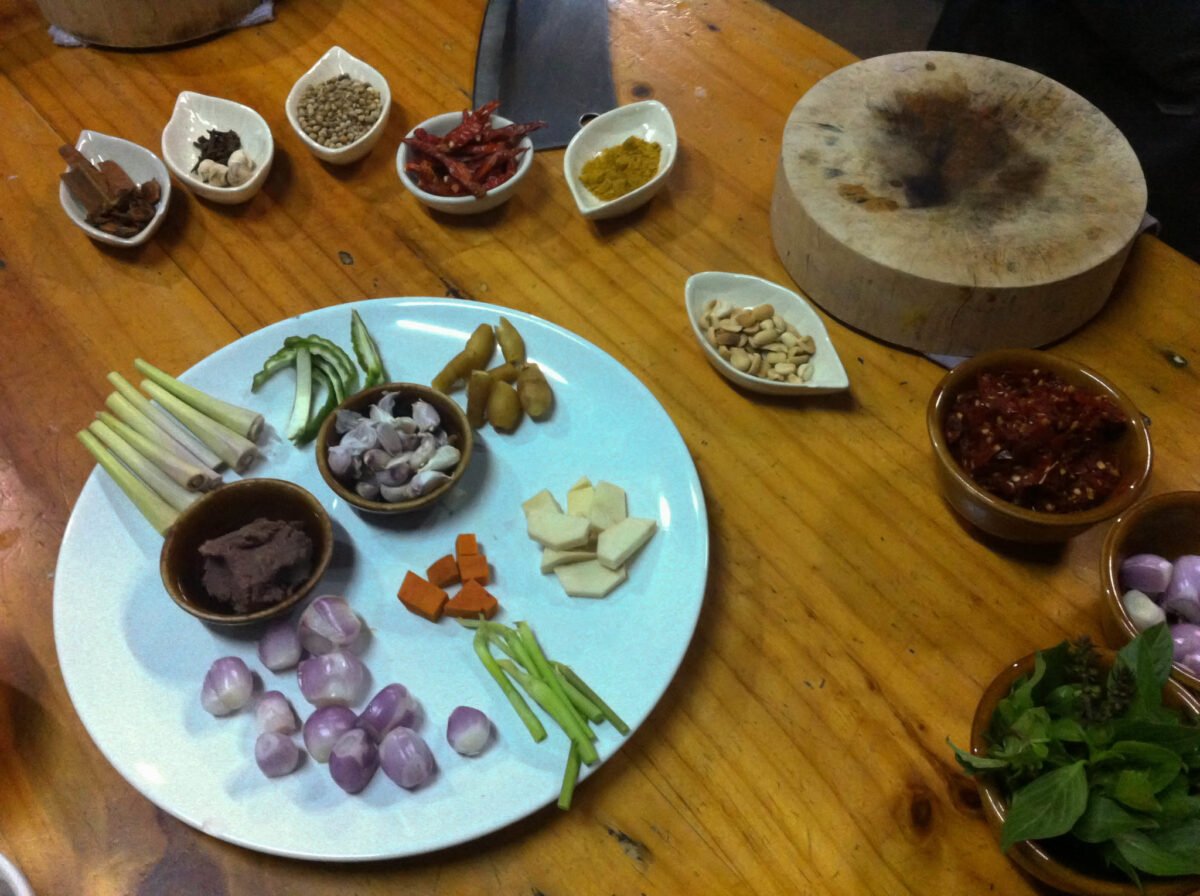
As you may have gathered, Chiang Mai is a hotspot for activities. You could enrol yourself in a cooking class (there are several to choose from in the city centre), and spend the morning/afternoon cooking authentic Thai recipes before enjoying the fruits of your labour (this was one of the best things I did in Chiang Mai).
One evening, why not catch a Muay Thai fight? There are a few stadiums in the city, and between them, you’ll be able to watch a fight every day except Sunday. Chiang Mai is one of the best places in Thailand to watch Muay Thai boxing because there are several reputable gyms and schools throughout the city.
We also recommend hitting up one of Chiang Mai’s wonderful museums. The Chiang Mai City Arts & Cultural Centre is a fantastic place to learn the city’s history and cultural heritage, with a range of interactive exhibits. For something a little different, we also love the Lanna Traditional House Museum, a collection of traditional wooden houses near the edge of the city.
Where to eat
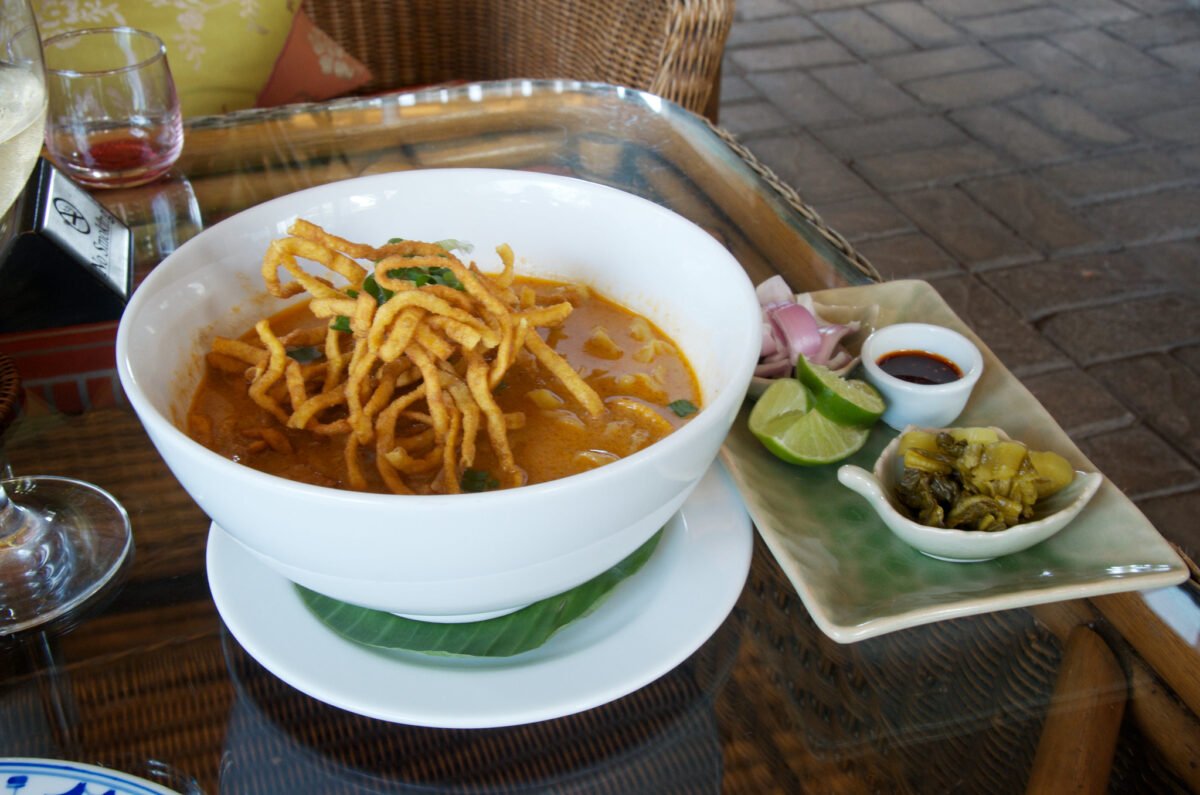
Chiang Mai is a foodie’s heaven and you’re likely to find a delicious meal on every street corner. However, some spots are particularly special and are worth seeking out.
We already mentioned Chang Puak Market, but we didn’t tell you about one of its most renowned vendors, the Lady in the Cowboy Hat. Easy to find (she really does wear a cowboy hat), her signature dish is Khao Kha Moo (stewed pork leg, served over rice with a boiled egg and pickled mustard greens).
Head to Khao Soi Khun Yai and order the Khao Soi, a popular northern Thai dish with soft egg noodles topped with a crispy noodle garnish, served with a coconut milk curry sauce and meat (usually chicken or beef). The restaurant is extremely popular and only open between 10am and 2pm.
Finally, we’ve got a Michelin Bib Gourmand – Dan Chicken Rice (San Sai). You’ll get exactly what’s described (chicken and rice), but trust us, it’s delicious.
Where to stay
There’s no shortage of great accommodation in Chiang Mai, but we’ve rounded up our top budget, mid-range, and luxury picks:
- $$$ Villa Mahabhirom – A five-star hotel with beautiful traditional villas set amongst tropical gardens with a large pool and on-site restaurant.
- $$ DUM Hotel – A minimalistic modern hotel with an outdoor pool. Walking distance of the Old City.
- $ Mad Monkey Hostel – You’ll find Mad Monkey Hostels all over Southeast Asia. They’re known for having a great vibe and are a top choice for solo travellers looking to meet people. If you’re travelling throughout the country/region, they have a
‘Southeast Asia Golden Ticket’ where for a fixed price, you can stay in any Mad Monkey Hostel in Southeast Asia (think Cambodia, Philippines, etc.) within 30-day days.
The best time to visit Chiang Mai
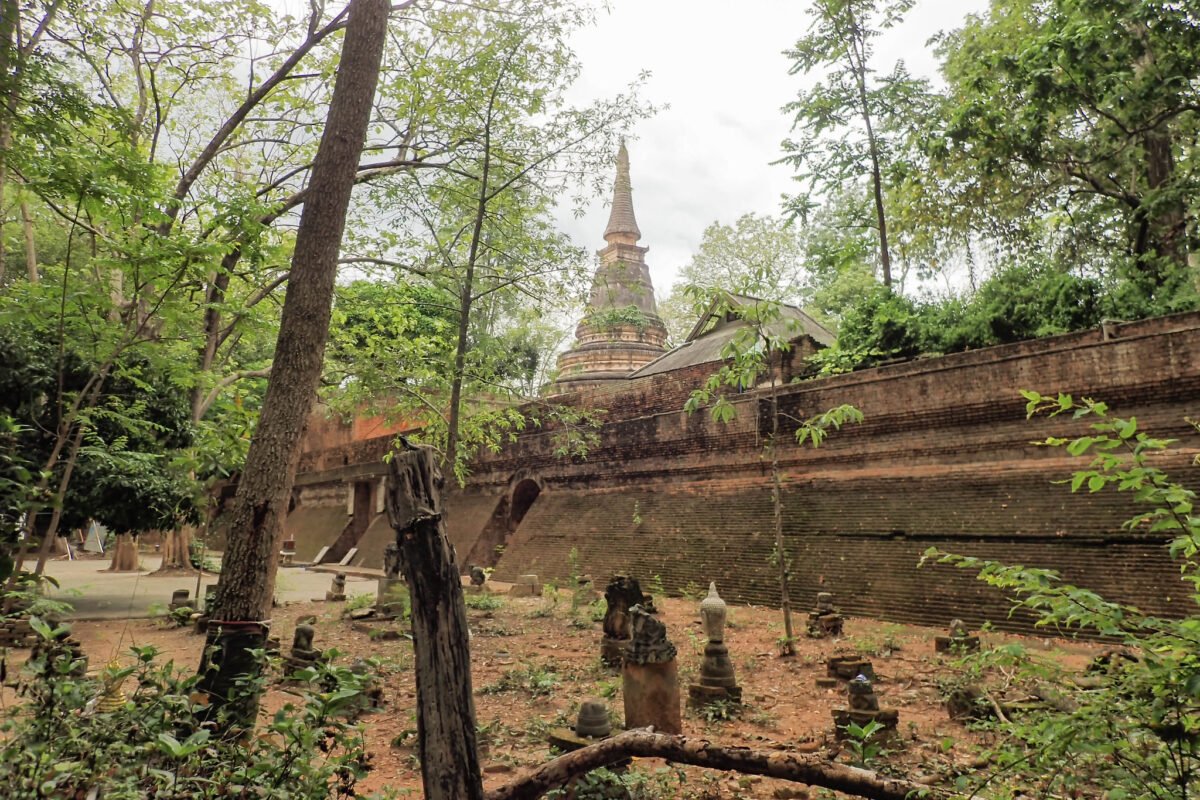
Like most of Thailand, the best time to visit Chiang Mai is between November and February. The weather is cooler, there are fewer showers, and generally, you’ll get to enjoy more sunshine. But, this makes it peak season, so along with the beautiful weather expect higher prices and bigger crowds.
The rainy season (from mid-May to October) tends to be cheaper, but attractions like the waterfalls in Doi Inthanon National Park may be shut suddenly due to heavy rains, and as we already mentioned the Kew Mae Pan Nature Trail is closed.
If crowds and bad weather are important factors for your trip, we’d suggest visiting Chiang Mai in the shoulder months, between May and June and September and October. The shoulder months are a happy middle between extreme weather and over-crowded tourist attractions.
Chiang Mai tips
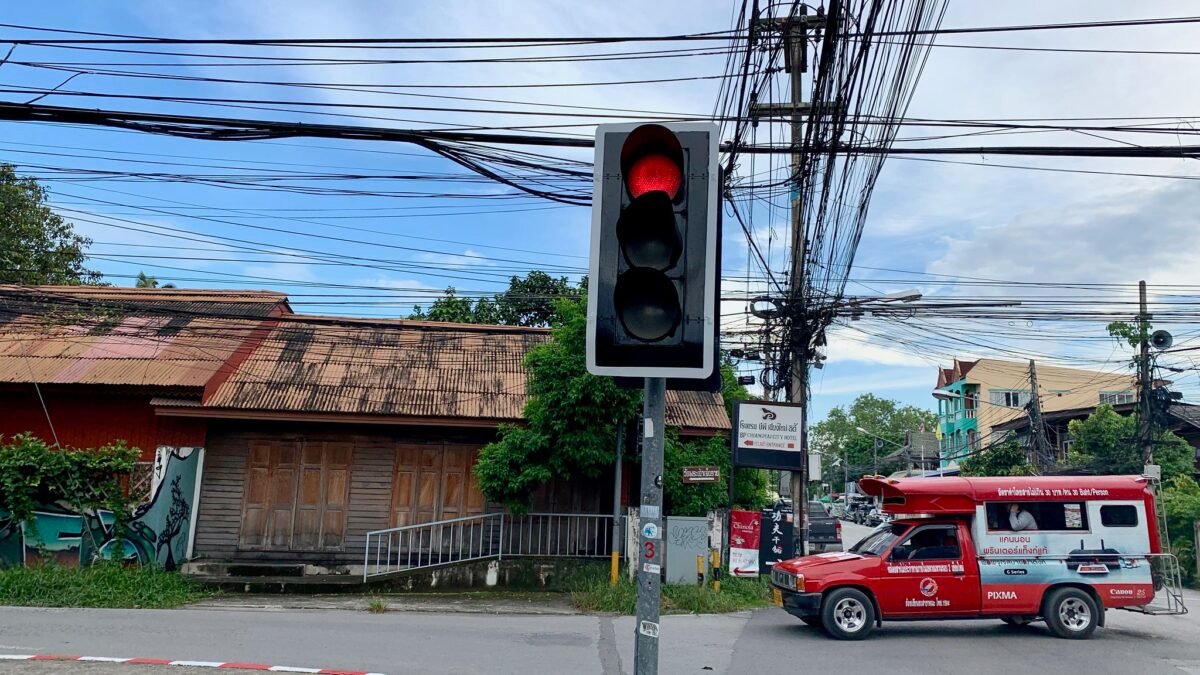
How to get around
There are several ways to move around the city, but the most common way is via Songthaews (pickup trucks with two benches in the back – there are eight different colours, but the red ones operate inside the city). Think of them like a shared taxi. You simply flag one down, check the price, hop on, and then indicate when you want to get off.
Sometimes, Songthaews aren’t the best choice. Especially for an out-of-the-way destination or if you’re squeezed for time. In this case, a tuk-tuk is the way to go. Make sure you haggle, as the driver will quote a ridiculous price with the expectation you will negotiate it down.
Chiang Mai also has a city bus which departs from Bus Terminal 2 (the Arcade Bus Station). There are three lines, which between them, cover most of the tourist destinations in the city centre. You can read a detailed breakdown by Chiang Mai Traveller here.
Local customs
If this is your first time in Thailand, you may want to learn about some of the local customs. Here are some we think you ought to know before you visit:
- In Thailand, most temples will have a strict dress code (men need to wear long trousers and have their shoulders covered, and women should also keep their shoulders and legs covered).
- Thailand is predominantly Buddhist and it is highly disrespectful to touch, point, or turn your back on a statue of Buddha.
- It is against the law to speak badly of the Thai Royal family or to deface local currency.
- Thailand is known as ‘the land of smiles’ and Thai people aren’t keen on having their personal space invaded (this means no hugging and shaking hands). Instead, do the ‘wai’ (press your palms together as if in prayer and bow your head slightly).
Final thoughts
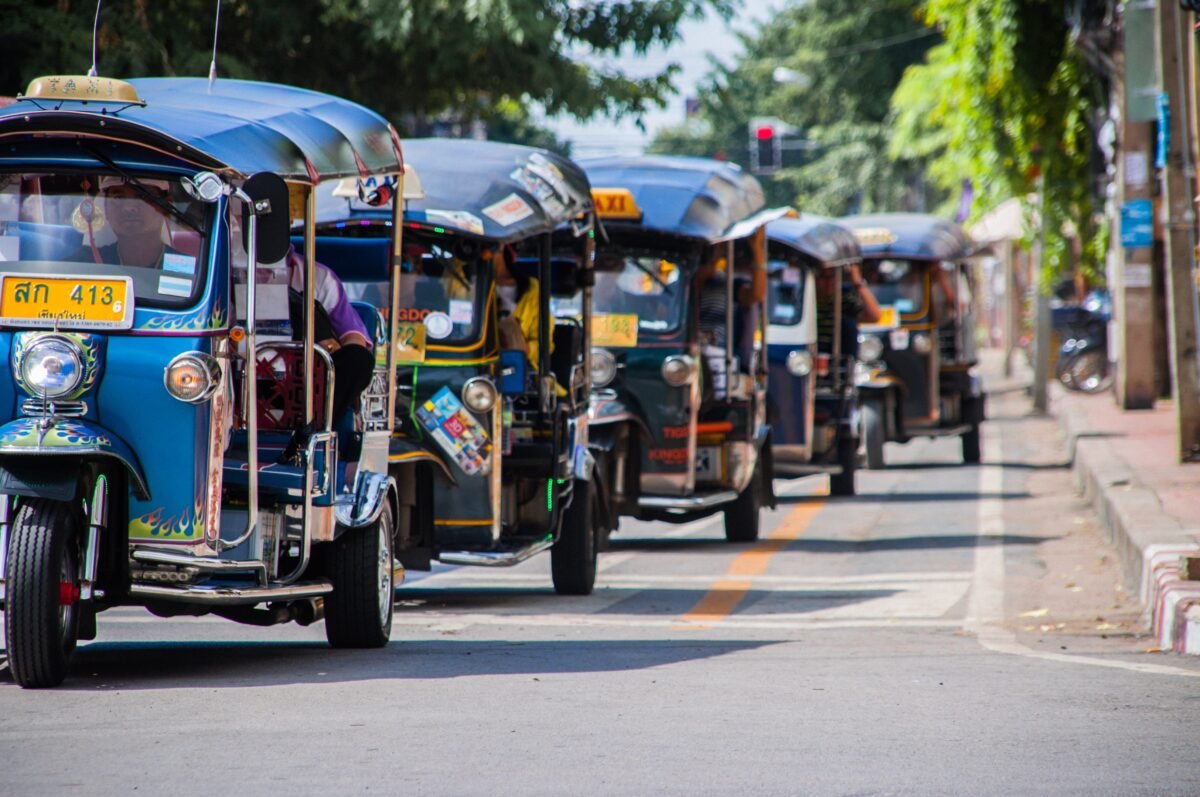
72 hours is just about enough time to get a taste of what Chiang Mai is all about. Whether you want to spend your days temple hopping, gorging on local street food, or hiking nearby, the city’s charm will ultimately win you over. You may even find yourself returning for another visit or extending your trip (like I did!).






